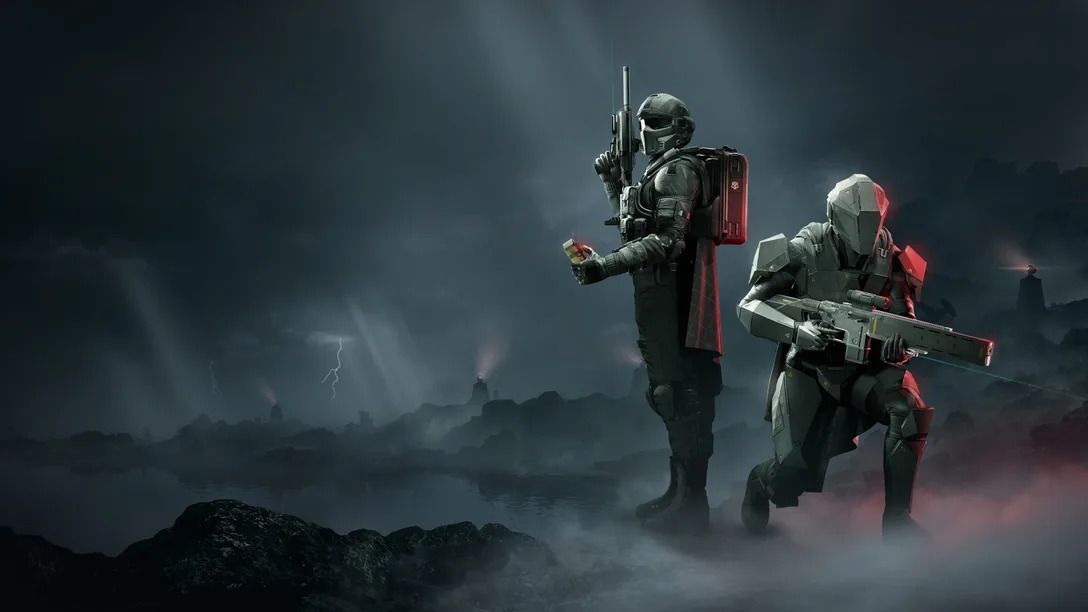
In protest of controversial changes to the fees associated with the Unity game engine, Terraria developer Re-Logic plans to donate $100,000 each to two open source alternatives, with further monthly donations to follow "going forward."
"The team at Re-Logic has been watching the recent events surrounding Unity with both interest and sadness," the studio says in a statement on Twitter. "The loss of a formerly-leading and user-friendly game engine to the darker forces that negatively impact so much of the gaming industry has left us dismayed to put it mildly. While we do not personally use Unity (outside of a few elements on our console/mobile platforms), we feel like we cannot sit idly by as these predatory moves are made against studios everywhere."
The statement goes on to condemn Unity's recent actions in very explicit terms. More concretely, Re-Logic says it will donate $100,000 each to the open source Godot Engine and FNA, with $1,000 monthly donations to both continuing in seeming perpetuity. Terraria is one of the most successful indie games of all time, so the devs certainly have a bit of cash to burn.
If you've missed the controversy up to this point, Unity is a game engine - essentially the underlying software used to develop games - that has come to be one of the most popular options on the market, particularly for indie devs. The engine powers everything from Pokemon Go to Slay the Spire, so when Unity proposed changes that would include a fee to developers every single time a game was installed, the backlash was swift and loud. Unity now says it's making changes to the policy, but hasn't detailed what those changes are just yet.
"We unequivocally condemn and reject the recent TOS/fee changes proposed by Unity and the underhanded way they were rolled out," Re-Logic says in today's statement. "The flippant manner with which years of trust cultivated by Unity were cast aside for yet another way to squeeze publishers, studios, and gamers is the saddest part. That this move was wholly unnecessary pushes things into the tragedy category - a cautionary tale the industry will not soon forget."









_title.png)

























